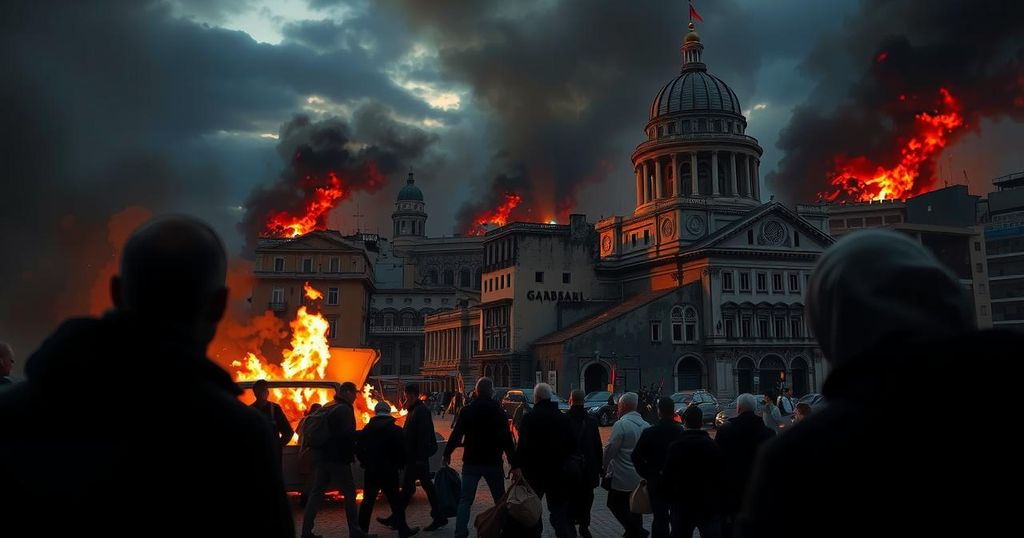Israeli military operations in Gaza and Lebanon have resulted in significant casualties, alongside accusations of starvation tactics against civilians. U.S. Secretary of State Antony Blinken has urged Israel to end its attacks, while experts express skepticism regarding the effectiveness of such diplomatic appeals. Humanitarian organizations like MSF have condemned Israeli airstrikes that target designated safe zones, further complicating humanitarian aid efforts.
Recent military actions in the Gaza Strip and Lebanon have escalated significantly, with Israeli forces reportedly killing 33 individuals in Gaza and 78 in Lebanon. UN experts have raised alarms, accusing Israel of employing starvation tactics in northern Gaza to drive out the population. Meanwhile, U.S. Secretary of State Antony Blinken has urged Israel to conclude its assault, stating that the strategic objective of dismantling Hamas’s military capabilities has been achieved. Despite this, local experts, such as Adel Abdel Ghafar, suggest that these diplomatic appeals may not alter the current situation on the ground. Furthermore, Doctors Without Borders (MSF) has condemned recent Israeli airstrikes that targeted a designated “safe zone” in al-Mawasi, which resulted in significant damage to their medical facilities. The organization’s coordinator reported the chaos following the blast, highlighting a lack of official evacuation orders prior to the attack and emphasizing the broader implications of these military actions on humanitarian efforts in the region. Al Jazeera continues to provide ongoing coverage of the situation as developments unfold, aiming to keep the public informed amid rising tensions in the region.
The ongoing conflict between Israel and Hamas has generated considerable international attention, particularly in the wake of military escalations involving airstrikes and ground offensives. The humanitarian implications of such military actions have raised concerns among global health organizations and UN representatives. Allegations of starvation tactics, combined with high casualty rates, have drawn stronger responses from international officials who advocate for ceasefire talks. Moreover, the role of humanitarian agencies in conflict zones has become increasingly strained as military operations impede their effectiveness.
The situation in Gaza and Lebanon remains critical as military operations continue, prompting widespread calls for peace and humanitarian relief. Calls from the U.S. government to cease hostilities highlight a growing concern for civilian safety amidst the conflict. However, the prevailing military actions and the associated humanitarian crises suggest that tangible changes may be difficult to achieve. Expert opinions indicate that without substantial international intervention, the cycle of violence and suffering is likely to persist.
Original Source: www.aljazeera.com






